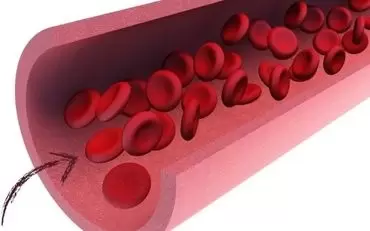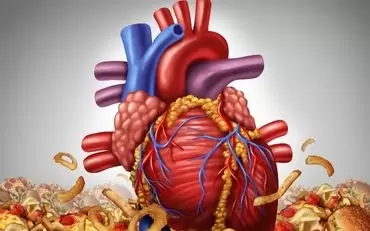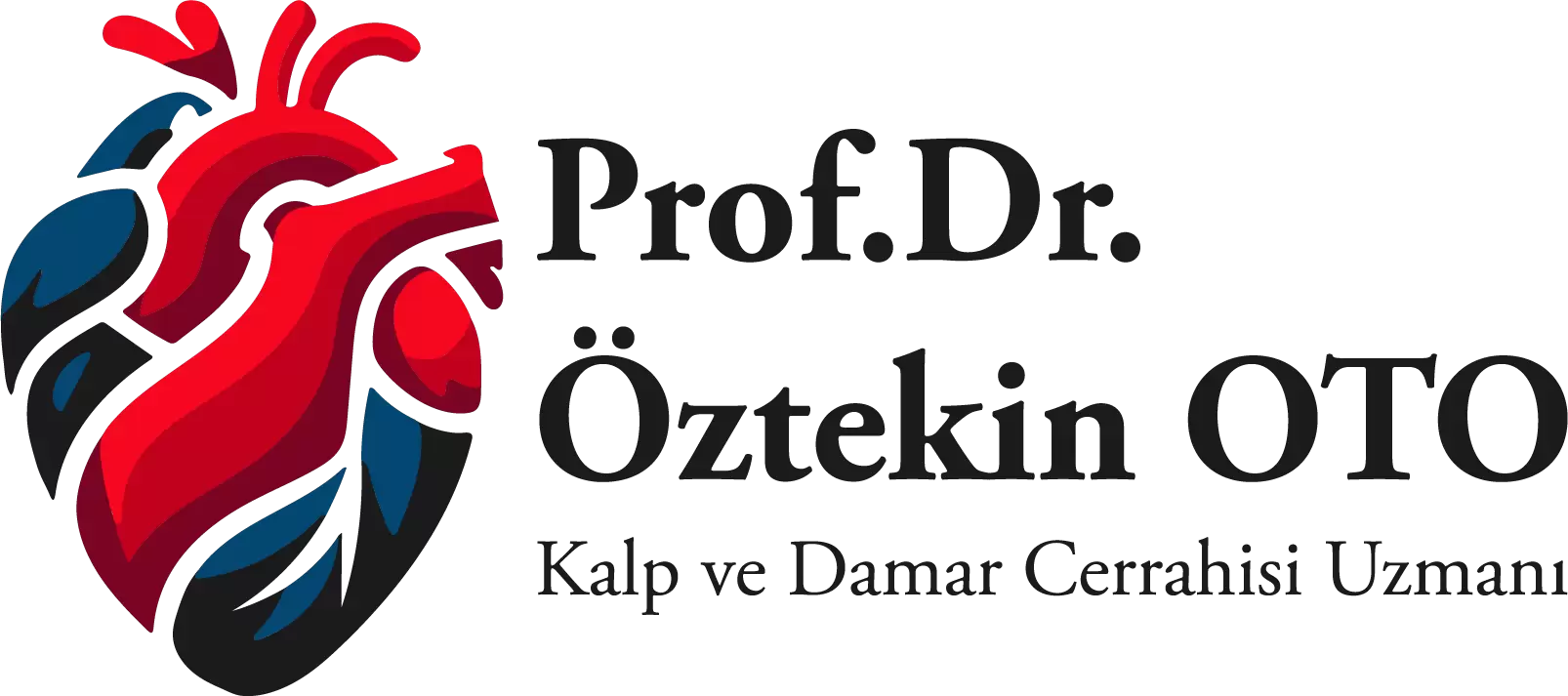29 Oca
10 Frequently Asked Questions on Varices
Son değiştirilme tarihi: 23 Şub 2026
What is varix?
As a disease of the veins, varices are defined as accumulation of blood in the legs with the effect of gravity following impairment of valves in veins that are functional in redelivery of blood back into the heart. Varices affect the life comfort of the patient causing both cosmetic and functional problems such as pain and numbness. Therefore, necessary measures should be taken against varix and treatment should not be postponed.
Who are candidates for varix? What are the risk factors?
Varices may be seen in all individuals regardless of gender. Research shows that half of the population experiences varices in the society. Varix tends to appear mostly in pregnancy and menapause in women although it is also common in older patients above ideal weight. Varices are more common in
Women
During times of hormonal fluctuations such as pregnancy and menopause
Overweight individuals
Older people
Patients with chronic cough or
With constipation
Individuals who stay in sitting or standing position for a long time
Or those who prefer too tight clothes or high heels.
What are the symptoms of varices?
Symptoms of the disease are complaints that lower the quality of life of the patients. Although these complaints may depend on the position or degree of the disease, symptoms may be listed as follows:
Cramps in legs
Pain in legs
Sensation of numbness
Itching
Appearance in legs
Greenish or purplish look on the skin
How to diagnose varices?
First, the patient undergoes a detailed physical exam. Color Doppler ultrasonography is also applied to reveal the structure of the veins, detect any clotting inside the veins and identify any varix formation inside the veins. The patient does not experience any pain or discomfort during this examination. When color Doppler ultrasonography seems to insuffice, venography –an imaging modality based on delivery of medicine into the vessel- is applied.
How to treat varices?
At initial stages, varices cause only cosmetic problems. Yet, when left untreated they may cause symptoms from pain and discomfort to even unhealed wounds at the site of the disease. Therefore, varix patient should definitely be checked and treated by a vascular surgeon. Treatment may be surgical or non-surgical. Non-surgical options include:
Laser treatment
Radio-frequency treatment
Foam therapy
Glue / adhesive therapy
Sclerotherapy
The treatment option is to be decided by detection of vessels with varix through a detailed examination of the patient.
What to do for prevention?
Varix is a disease that remarkably affects the life style of the patient impairing his / her quality of life. Some measures may help preventing the disease, such as:
Avoiding very tight clothes,
Avoiding high heels,
Not staying in the standing position for a long time,
Not staying in the sitting position for a long time,
Stopping smoking,
Preserving ideal weight,
Not skipping walking or swimming activities,
Resting with legs heightened up.
Do genetics matter?
Genetics play an important part amongst all other factors that cause varices. There is a higher risk of developing varices in individuals with a family history.
Are varixstockings effective in treatment?
Varixstockings make sure that the veins get tighter by putting pressure on them. Stockings are one of the preventive measures that can be taken against disease progression.
Do varices heal in time?
Varix is a disease caused by impaired veins and valves in these veins. As a structural disease, varices should definitely be treated with necessary measures taken effectively. Otherwise, there is no chance that the disease would heal by itself.
What are the complications of varices?
Varices cause dilatation and bending of veins. As a result, blood flow slows down paving the way for the chances of clotting. Patients experiencing the clotting problem may come to face with more severe problems including thrombophlebitis, deep vein thrombosis or pulmonary embolism.
Untreated progressive varices eventually lead to wounds called venous ulcers on the skin. It is quite challenging and long process to get these wounds recover.
Related Articles

Venous Insufficiency (Venous Reflux)
Veins are functional vessels taking part in redelivery of deoxygenated blood back into the heart. Th..
Read More
Nutrition and Heart
Today, heart diseases are among the most common causes of death in our country as well as all over t..
Read More
Endovascular Treatment of Aortic Diseases
There has been a remarkable increase in the incidence of cardiovascular diseases recently. One reaso..
Read More




